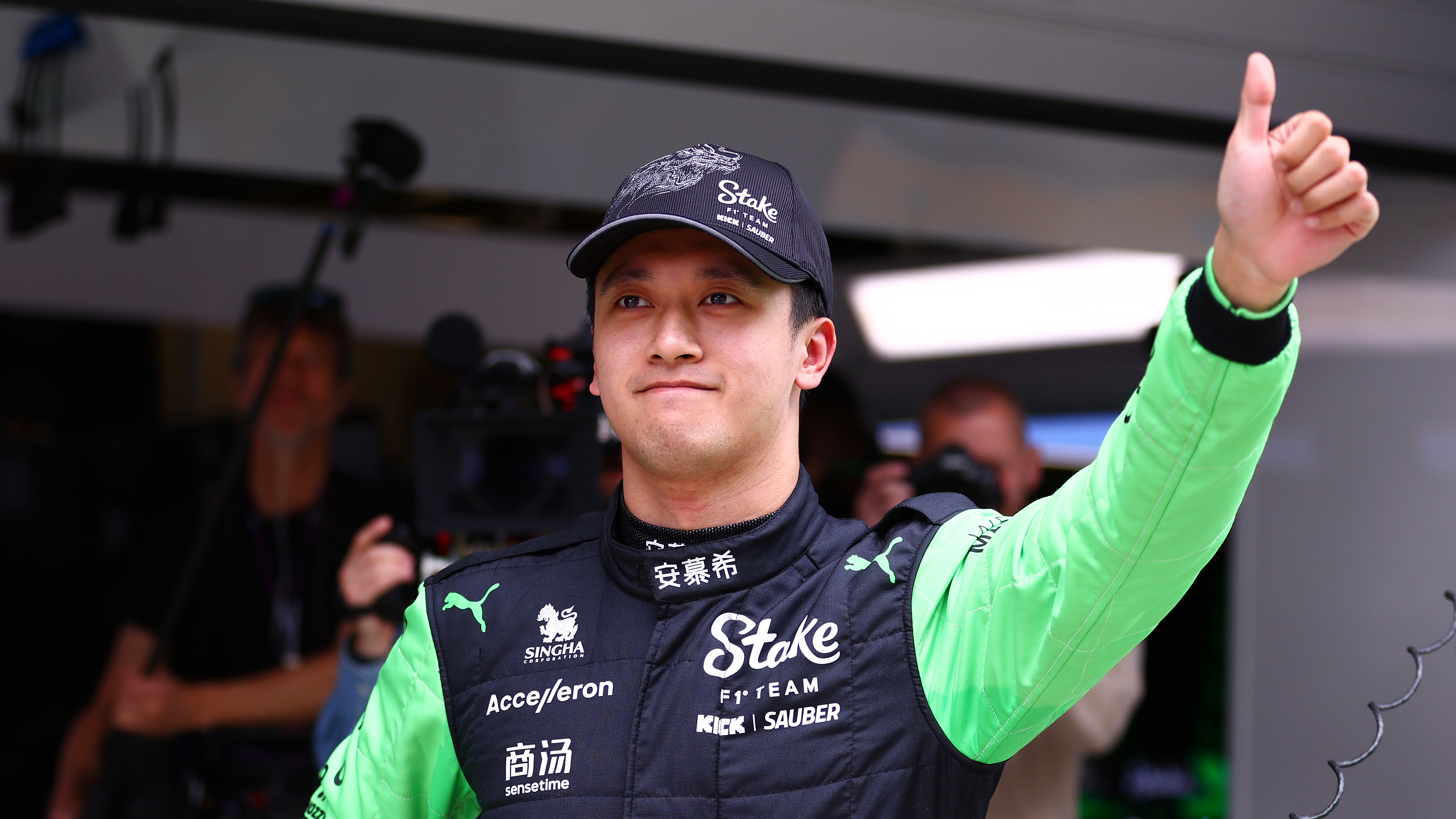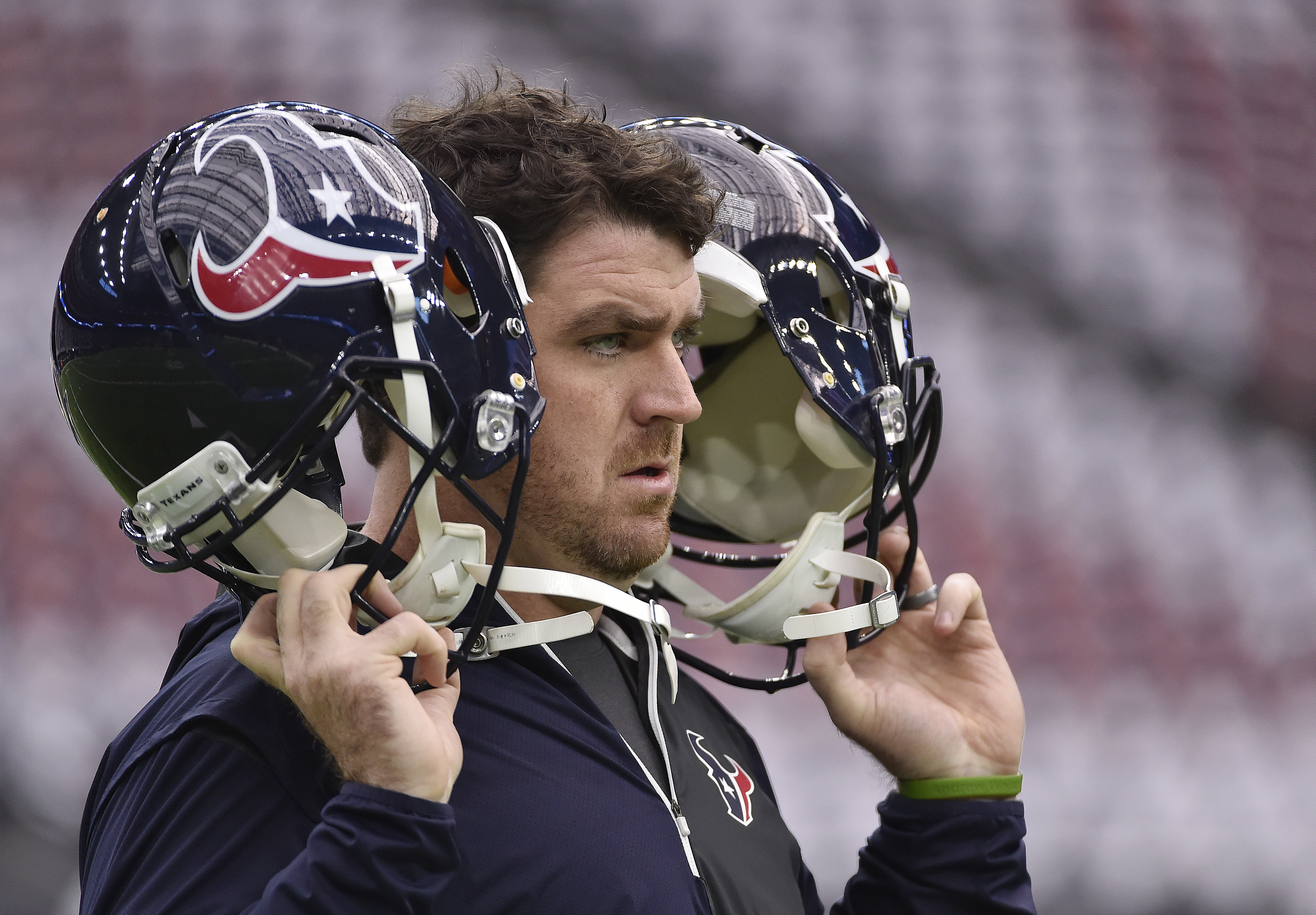Most Olympians are motivated by the pursuit of a common goal: reaching the pinnacle of their sport, standing on the podium and having an Olympic gold medal placed around their neck.
Shakur Stevenson, a 19-year-old American boxer pegged to become one of the sport's next big stars, is no different in that regard. Ever since he first stepped into a boxing gym at 5 years old, winning a gold medal has been his ultimate goal.
But Stevenson has another motivation as well. One that extends beyond personal glory and into more altruistic ambitions.
If all goes according to plan, Stevenson hopes to provide his mother and his siblings – all eight of them – with a better life.
Shakur is the oldest of nine siblings. His mother, Malikah Stevenson, named him after the iconic rapper Tupac Shakur, who was fatally shot nine months before Shakur Stevenson was born. Malikah considered Tupac to be an inspirational person, and she hoped that her son could also be a source of inspiration to the world.
The family grew up in Newark, New Jersey, a city that has been plagued by a history of violent crimes in recent years.
"It was a rough neighborhood," Stevenson said of his upbringing in Newark. "But I guess it made me who I am."
Sports
From a young age, Stevenson proved to be athletically gifted. His family recalls him being good at every sport he tried.
Stevenson's grandfather, Willie "Wali" Moses, ran a local boxing gym in Newark and had already produced several national champions during his tenure there. When Stevenson was 5 years old, Moses started bringing him around the gym. By then, Stevenson had already developed an interest in the sport from watching it on television and had even begun to emulate the fighters he saw.
From playing baseball with his grandson, Moses noticed that Stevenson had been "born with exceptional timing." That became the basis of Stevenson's boxing training, and everything else developed from there, according to Moses.
"The man had unbelievable confidence in me since I was a little kid," Stevenson said of his grandfather. "He felt like I could beat the world."
For years, boxing was a part of Stevenson's life, but just one of several sports he was involved in, including baseball. But when he was about 13, Moses remembers Stevenson telling him, "'Pop-Pop, I'm in love and I'm married to boxing now."
"There was a time when I would have to wake him up to go for a run or wake him up to go to the gym," Moses said. "There came a time when that no longer happened – he was always ready, was always prepared, ready to go to the gym."
From that point on, Stevenson became fully dedicated to boxing. He would always be seen – and heard – "shadowboxing" around the house. It's a practice that still fills his life to this day. And while he had grown to love the sport, it was also his love of his family driving him to take the next step.
"As he prepared himself and practiced, he just kept getting better and better and better, because he really wanted to be able to help his mom, and he figured that boxing would be the way that he can," Moses said. "I guess boxing chose him as much as he chose boxing."
"I do feel that responsibility still," Stevenson said. "I feel like I'm the person that's got to provide for my family and my mother."
The accolades soon followed. After winning the junior world championships in 2013, Stevenson attended the youth world championships in April 2014.
This was at the same time a young British pugilist by the name of Muhammad Ali – named after, but not related to, the American boxing legend – was getting a lot of hype. Ali and Stevenson both ended up advancing to the flyweight final, and before the match, Moses was chatting with a representative from the International Boxing Association (AIBA).
"Muhammad Ali throws a lot of punches. I think it's gonna be a very hard fight [for Stevenson]," Moses recalled the AIBA representative saying to him.
But Moses wasn't worried. He had already seen people doubt his grandson before, and what always happened? Every time someone expected an opponent to give Stevenson a hard time, Stevenson would come out and "make it look easy." Moses didn't see a reason to anticipate anything different this time around.
Moses then relayed the conversation to Stevenson.
"Pop-Pop, don't worry about it," a confident Stevenson told his grandfather. "I'm going to just beat this guy with my jab all day."
Sure enough, Stevenson won all three rounds to earn a unanimous decision over Ali and capture the gold medal.
Four months later, Stevenson travelled to Nanjing, China for the Youth Olympic Games. Once again, he didn't lose a single round. Stevenson swept all three of his fights, including a rematch with Ali, to earn his second gold medal in less than six months.
After winning the tournament, it was time for the medal ceremony. But Stevenson had a conundrum.
"I had a really bad haircut, and they wanted me to get on the podium," he recalled.
Knowing that the podium ceremony would be heavily photographed, Stevenson was adamant about hiding the top of his head. His solution?
"I did not want to show my haircut, so I hid my bandana inside my cup, because they said I couldn't wear it. And once they started playing the national anthem, I put the bandana on."
The bandana that Stevenson refers to is one adorned with an American flag design. After seeing the photos of himself with it at the Youth Olympics, he decided to wear the patriotic bandana at every fight after that. It has since become a signature accessory of Stevenson's, one usually accompanied outside the ring by his typical smile.
The Youth Olympic Games helped serve as a launching point for his career. Afterward, the 17-year-old was brimming with confidence.
"I felt like, if I could go though that tournament and dominate it as a kid, give me two years from now, I can do the same thing as an elite [at the Olympics]," he said.
But perhaps he got a bit too confident a little too soon. While Stevenson had yet to lose a fight against an international opponent, he returned to the States and found his greatest challenge to date in the form of Ruben Villa, another young up-and-coming American.
Entering last December's Olympic Trials, Stevenson and Villa had already fought each other twice in 2015. Both matches were won by Villa. Despite his status as one of the country's most promising prospects, Stevenson was now entering Trials as an underdog in the eyes of many.
Stevenson found inspiration in those prior defeats. He changed his phone's screensaver to a photo of Villa getting his arm raised after one of those victories and used it as motivation throughout the tournament.
At Trials, Stevenson fought Villa twice – once in the winner's bracket, then again in the final – and this time, Stevenson won both bouts. The second victory over Villa made him Olympic Trials champion. Stevenson would officially punch his ticket to Rio a few months later by winning an Olympic qualifying tournament in Argentina.
The United States has a storied history in the sport of Olympic boxing. Aside from holding the all-time lead in gold medals (49) and total medals (110), the list of gold medalists for Team USA includes some of the sport's most iconic names – Ali (then Cassius Clay), Joe Frazier, George Foreman, Sugar Ray Leonard and Oscar de la Hoya, to name a few.
Recent years have not been as kind to the men's boxing team though. The last American male to win a gold medal was Andre Ward in 2004. Four years ago in London, the men's team was shut out of the medal podium altogether for the first time.
Stevenson is viewed as the United States' best hope to end the men's medal drought, with gold potentially in reach at this year's Olympics. Currently holding a perfect 23-0 record against international opponents, Stevenson will be a major threat to break through in a bantamweight (56kg/123 lbs) division that includes experienced fighters such as 2015 world champion Michael Conlan of Ireland and 2012 Olympic champion Robeisy Ramirez of Cuba.
It would be fitting for Stevenson to become the first American male since Ward to win gold, as Ward has been one of Stevenson's favorite boxers and biggest idols for years.
"That's who I look up to," Stevenson said. "I want to follow in his footsteps: win gold, go pro, become a world champion. So it would mean everything."
There are plenty of reasons to like Stevenson's chances. His hands, speed, decision-making and timing are all among his biggest strengths in the ring, according to Moses.
And while Stevenson may not have as much experience as some of his bantamweight counterparts in Rio, his grandfather cautions that Stevenson still "really hasn't shown all his talents to the world."
For his part, Stevenson says he doesn't mind people looking at him as an underdog and expecting him to fall to the likes of Conlan and Ramirez.
"I've fought overseas 23 times, and I've won 23 times. So I plan on doing the same thing when we go to the Olympics," he said. "I don't care who's in front of me, I'm going to give it everything I've got."
Winning gold in Rio would only be the beginning for Stevenson though, as an auspicious professional career lies in front of him sometime after the Games. Along the way, he hopes to buy a nice house for his mother – whom he describes as his "biggest inspiration" – and his eight younger brothers and sisters, and move them all out of Newark.
First though, Stevenson has his sights on returning to New Jersey with an Olympic medal in his possession.
As for his screensaver, he has an idea of what that might look like in the weeks leading up to Rio.
"Most likely, once we get close, I'm going to put a gold medal as my screensaver. I'm going to just focus on that, ya feel me? Keep that motivation going."



